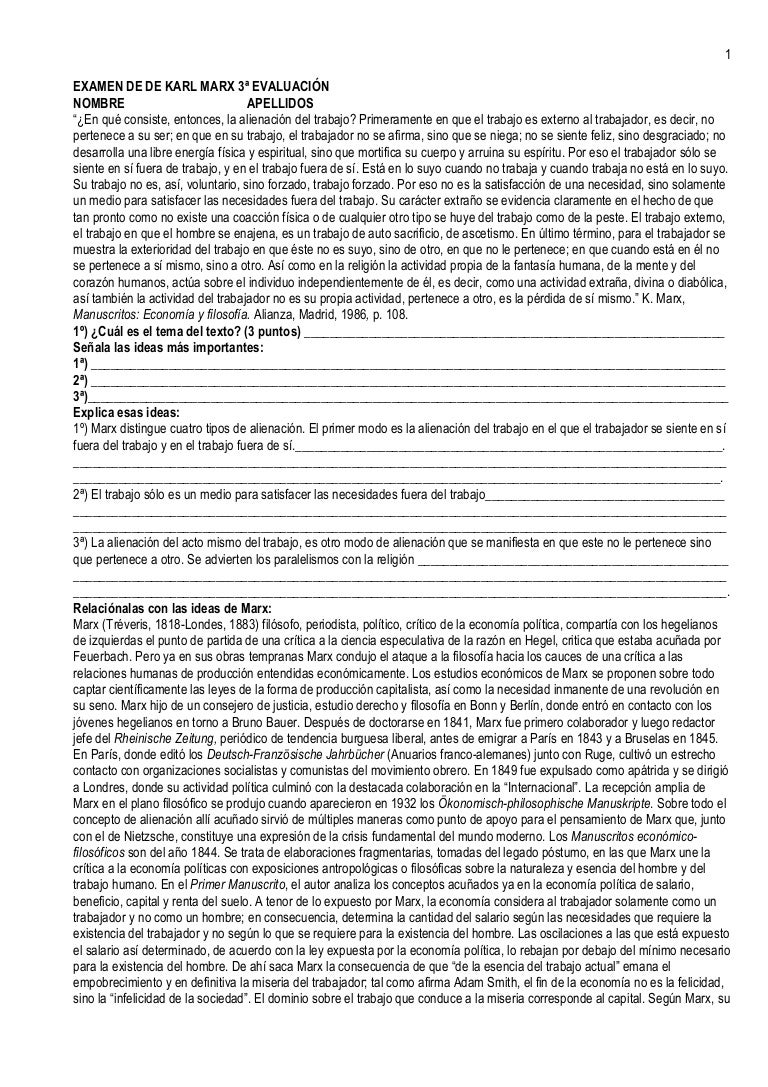

Based on their dialectical analysis of capitalism, Marx and Engels argued that people’s conditions are not determined rather, humans can change their conditions.Īu also refutes the assertion that authors Samuel Bowles and Herbert Gintis made economic reductionist arguments in their seminal work Schooling in Capitalist America. Thus, what appears permanent is actually in flux. The heart of dialectics is the revelation that everything is in motion and in a process of transformation. Au debunks claims that Marx and Engels were economic determinists instead, Au illustrates how the dialectical method employed by Marx and Engels is incompatible with and contrary to economic determinism. In addition to exposing and critiquing top-down education reforms, Au delves into debates among the left and defends Marx and Marxism. When standardized tests-including criterion-referenced tests-are fitted to bell curves, the distribution of student test scores will range from low to high, guaranteeing that there will be a gap between low- and high-performing students. Recent research on charter school expansion has consistently shown that charter school growth has a short-term and long-term negative fiscal impact on public school systems, reminding us that, again, like with high-stakes testing, between federal programs, state laws, and charter contracts, these are public monies being transferred into the coffers of private industry vis-à-vis the system of public education.Īu also explains that the current high-stakes testing paradigm that dominates public education is based on the faulty premise that tests fitted to a bell curve can be used to end the achievement gap. For those who want to learn more, the bibliography contains a comprehensive list of resources.Īu exposes how neoliberal education reforms, including mandatory high-stakes testing and the vast expansion of charter schools, have been established and justified by wealthy donors seeking to privatize public schools, and how funding for public schools has been diverted to finance charter schools: The breadth of topics covered in A Marxist Education makes it an invaluable resource for educators as well as activists and others interested in understanding the relationship between education and human liberation.

Au combines a personal autobiographical narrative, an introduction to and a defense of Marxism, and a thorough critique of neoliberal educational reform to lead readers to a call to action. The structure of A Marxist Education is unique and compelling. In A Marxist Education, Au explains his own path to becoming a Marxist educator, defends Marxism as a legitimate paradigm for analyzing and understanding the US educational system, and reclaims the work of Lev Vygotsky and Paulo Freire as part of the Marxist and dialectical materialist traditions.

Since the publication of his book Unequal by Design: High-Stakes Testing and the Standardization of Inequality in 2008, scholar, educator, and activist Au has been a prominent critic of US Written before the teacher rebellion, Wayne Au’s A Marxist Education: Learning to Change the World provides a framework to understand the roots and the significance of this resistance. Instead, neoliberals view public education-one of the remaining bastions of social support-as a system that should be privatized. Championed by Democrat and Republican education secretaries Arne Duncan and Betsy DeVos, neoliberal policies directly oppose the premise that education is a right. These assaults are part of the neoliberal formula that pairs austerity measures for the working class with privatization of public institutions. Their actions were spurred by legislative attacks on their pensions, health care, and school budgets. This year, there was a nationwide K-12 educator uprising: West Virginia teachers went on strike, Oklahoma teachers organized walkouts, and Kentucky teachers conducted work stoppages.


 0 kommentar(er)
0 kommentar(er)
